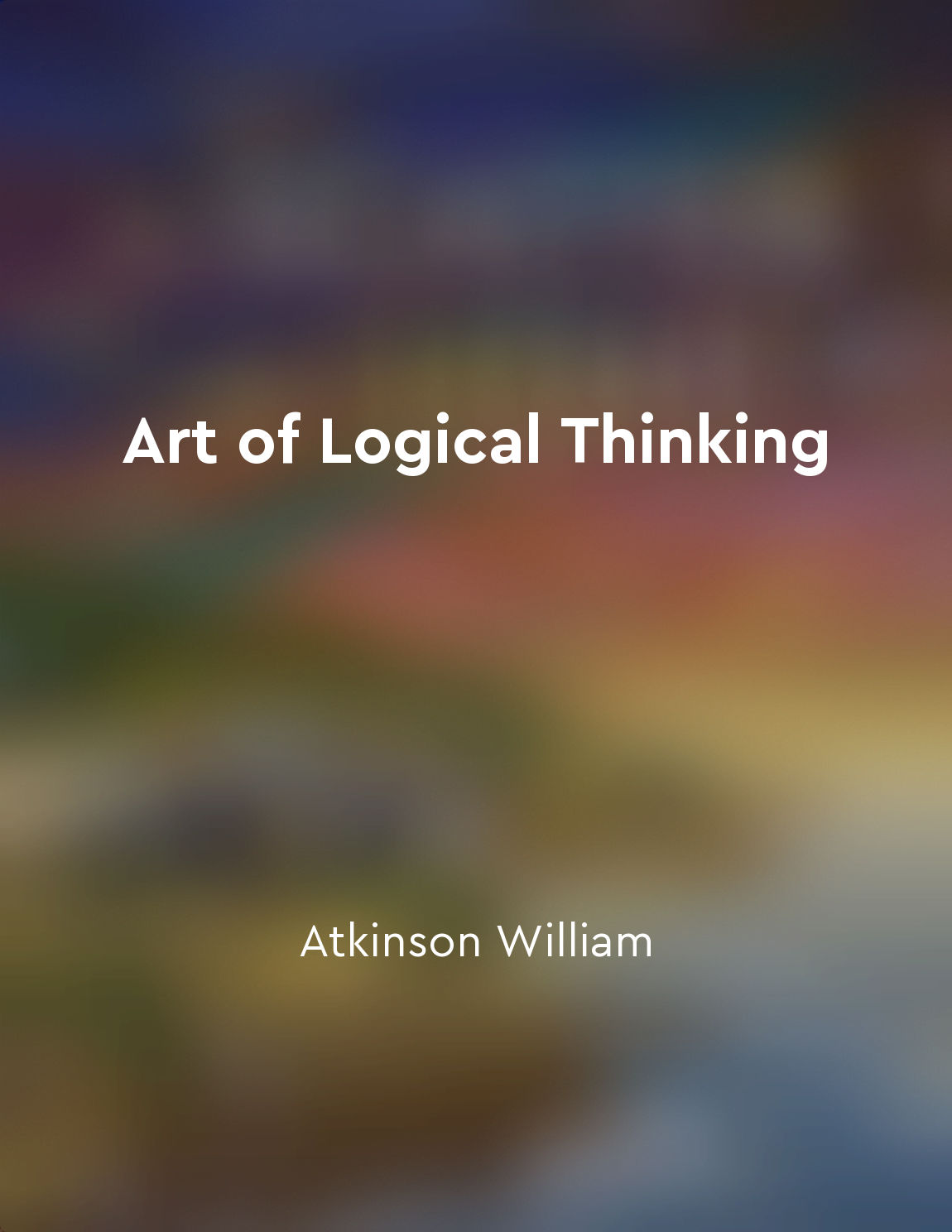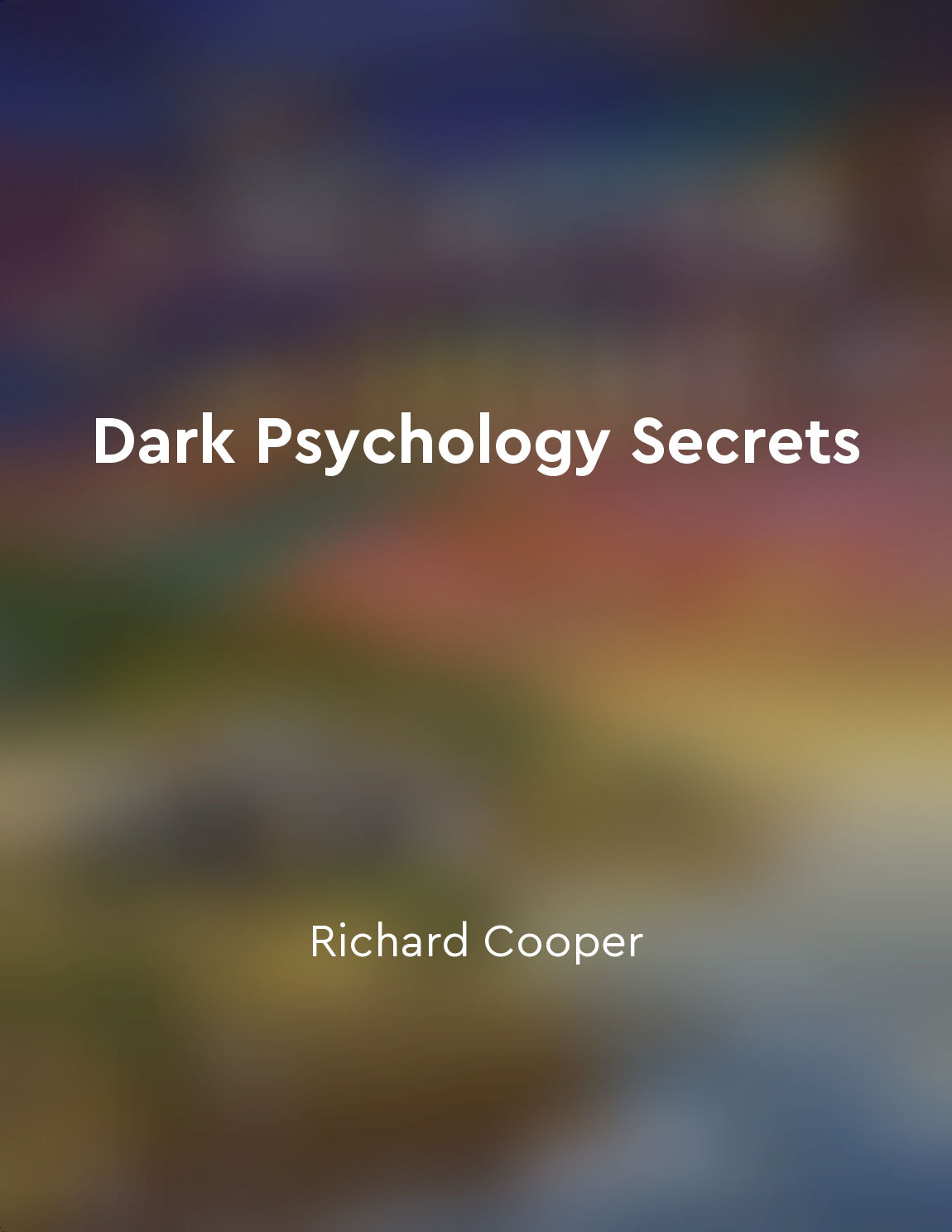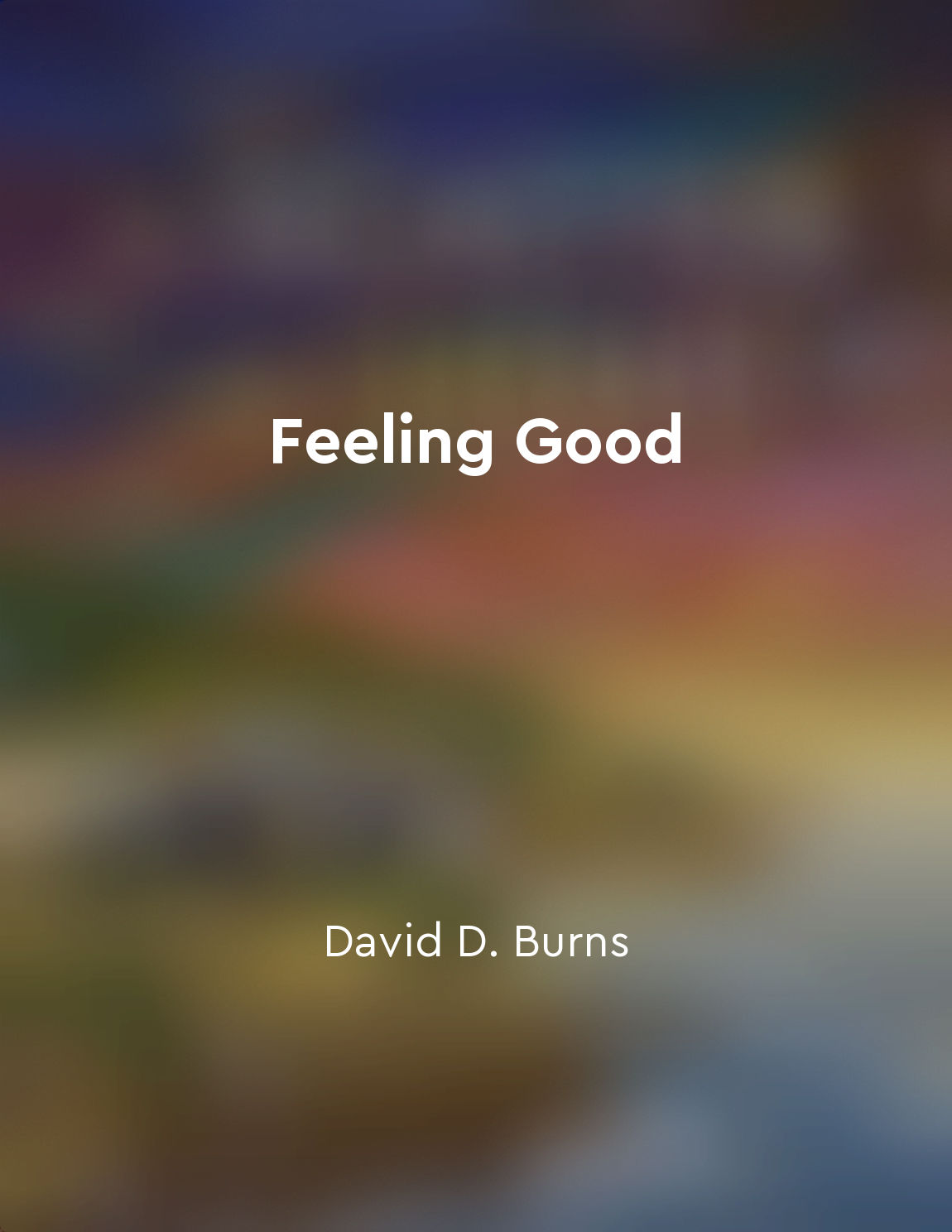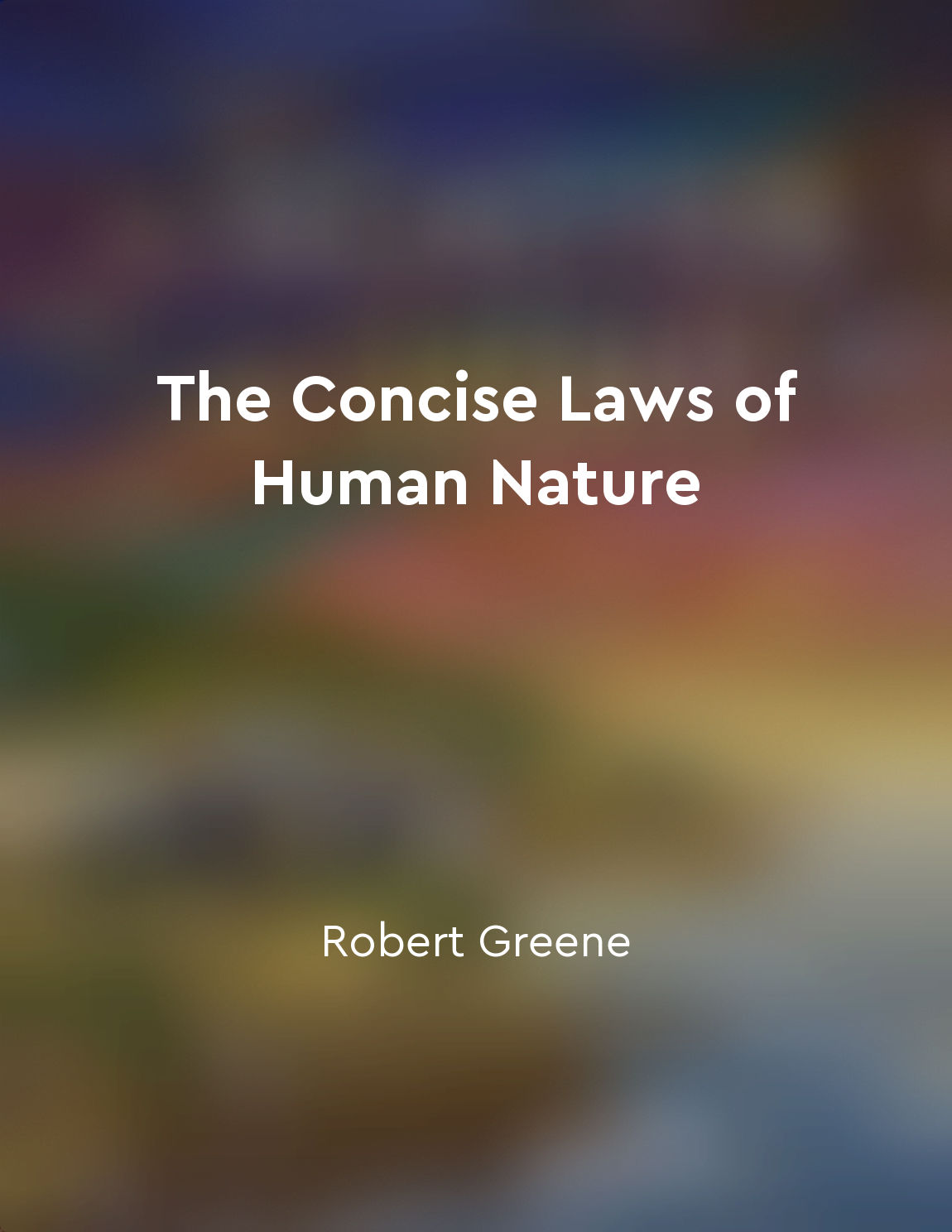Audio available in app
The human mind is prone to cognitive biases and faulty reasoning from "summary" of The Concise Laws of Human Nature by Robert Greene
The human mind, despite its complexity and capacity for intelligence, is not infallible. It is, in fact, remarkably prone to cognitive biases and faulty reasoning. These biases and errors in thinking are deeply embedded in our psychological makeup, manifesting themselves in a myriad of ways in our everyday lives. One of the most common cognitive biases that affect our reasoning is confirmation bias. This bias leads us to seek out information that confirms our preconceived beliefs and ignore or dismiss anything that contradicts them. As a result, we often overlook valuable insights and perspectives that could challenge or expand our understanding of the world. Another prevalent cognitive bias is the availability heuristic, where we rely on information that is readily available to us when making decisions or judgments, rather than considering all relevant factors. This can lead us to make hasty and uninformed choices based on limited or biased information, rather than taking the time to gather all the n...Similar Posts

Critical thinking enhances decisionmaking
Critical thinking is an essential tool for making sound decisions. When faced with a complex problem or situation, critical thi...

Persuasion techniques are utilized frequently
Persuasion techniques are a staple in the arsenal of those who seek to manipulate and influence others. These techniques are no...
Avoid the anchoring effect
Anchoring is a cognitive bias that describes the human tendency to rely too heavily on the first piece of information encounter...

Availability bias leads to distorted decisionmaking
Availability bias is a cognitive shortcut that occurs when people make decisions based on information that is readily available...

Chasing leads
The concept of "chasing leads" is at the heart of my investigation into the disappearance of Andie Bell. It's about following e...
Incentive structures can drive behavior in unexpected ways
The way in which you frame a decision can have a profound impact on the choices people make. By altering the incentive structur...
Art and literature reflect societal values
Art and literature provide a mirror to society, reflecting the values that are most cherished and revered by a particular cultu...

Seeking social support can aid in overcoming negative thoughts
When negative thoughts start to weigh you down, one effective strategy to counter them is seeking social support. Talking to so...

Our brains are wired to seek patterns
Our brains, amazing as they are, have a fascinating tendency to look for patterns in the world around us. This pattern-seeking ...

The brain prioritizes survival over accuracy
When faced with a potential threat, your brain goes into survival mode, activating a complex system that prepares you to fight ...

